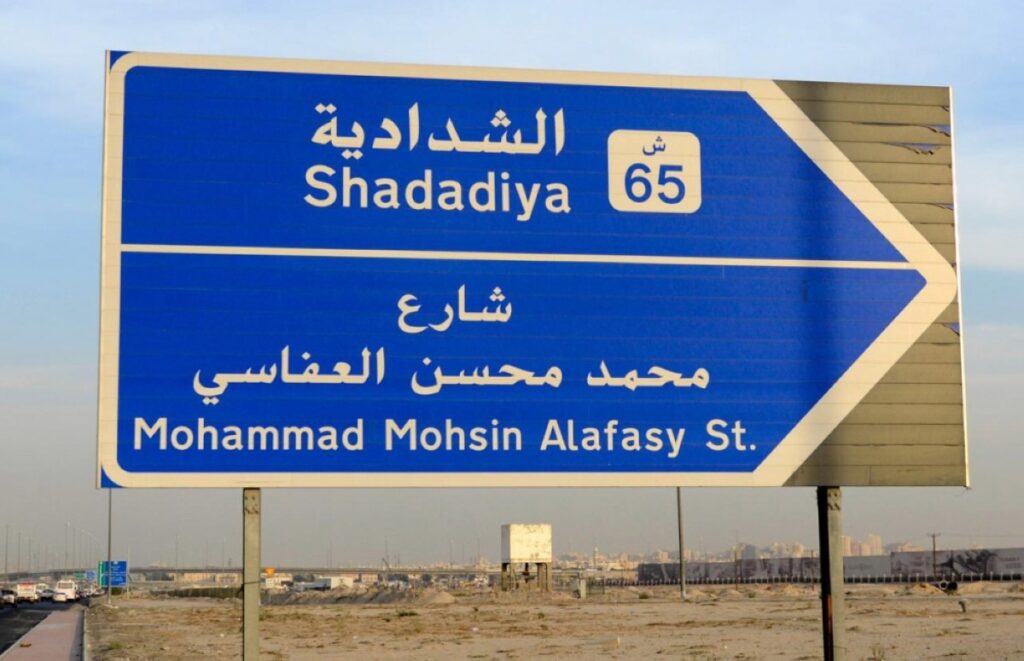Amendment removes requirement for special requests when naming streets after foreign rulers
KUWAIT: Kuwait has tightened rules for naming streets and squares, reinforcing numbering as the primary identifier for all roads. Published Sunday in the Official Gazette under Ministerial Decision No. 490 of 2025, the amendment does not introduce numbering — every street already carries an official number — but restricts how streets are named.
The amendment moves decisively toward numbering, while expanding the list of high-level figures eligible for street names. It also removes the previous requirement for special requests from the Amiri Diwan or Cabinet when naming streets after foreign rulers, a condition under the 2023 rules.
Street and area names in Kuwait have often carried symbolic and political weight, commemorating rulers, regional leaders, and significant events. The shift toward numbering is seen as a way to standardize urban planning and reduce disputes over naming, while still preserving space for diplomatic gestures and recognition of the ruling family.
What changed?
Under the 2023 rules, streets could be named after foreign countries and cities, important historical events, heritage terms, regional and international organizations, or positive descriptive words. People’s names were more restricted: streets and squares could carry the names of foreign rulers or presidents, but only with a request from the Amiri Diwan, Crown Prince’s Diwan, or Cabinet.
The 2025 amendment now allows streets and squares to be named after Kuwait’s rulers, kings, sultans, princes, presidents of friendly and brotherly countries, historical figures, and certain sheikhs from the ruling family. For the first time, naming after countries, cities, and capitals is explicitly permitted on the basis of reciprocity. All other categories — including heritage terms, events, or organizations previously allowed — are now excluded. Authorities are directed to rely on numbering instead.

KUWAIT: This aerial view shows a main road in Kuwait. Kuwait is moving towards replacing the names of hundreds of streets, opting to refer to them by their numbers. — Photo by Yasser Al-Zayyat
Addressing inconsistencies
Existing streets that already carry non-personal names, such as “Istiqlal Street,” may remain unchanged. For cities, suburbs, and larger areas, the rule remains as in 2023: only Amirs or Crown Princes may have their names assigned.
The amendment takes immediate effect, meaning new residential roads will typically be labeled with numbers, such as “Street 42” or “Block 7, Road 15.”
The change also addresses longstanding inconsistencies. A 2019 Kuwait Times report described streets as a “hodgepodge of numbers, names, and nicknames.” Some streets, like Restaurants Street in Salmiya, are better known by local nicknames than official designations, causing confusion.
Some names have caused political sensitivities, such as Hasan Al-Banna Street in Rumaithiya, which has seen repeated calls to rename it for years.
According to Al-Jarida, the Capital Governorate has the most named streets, over 231, followed by Hawally with 91, Ahmadi about 85, Farwaniya around 50, Jahra 38, and Mubarak Al-Kabeer 28. It’s expected that roughly 70 streets and squares will keep their names, while 591 will be numbered.

